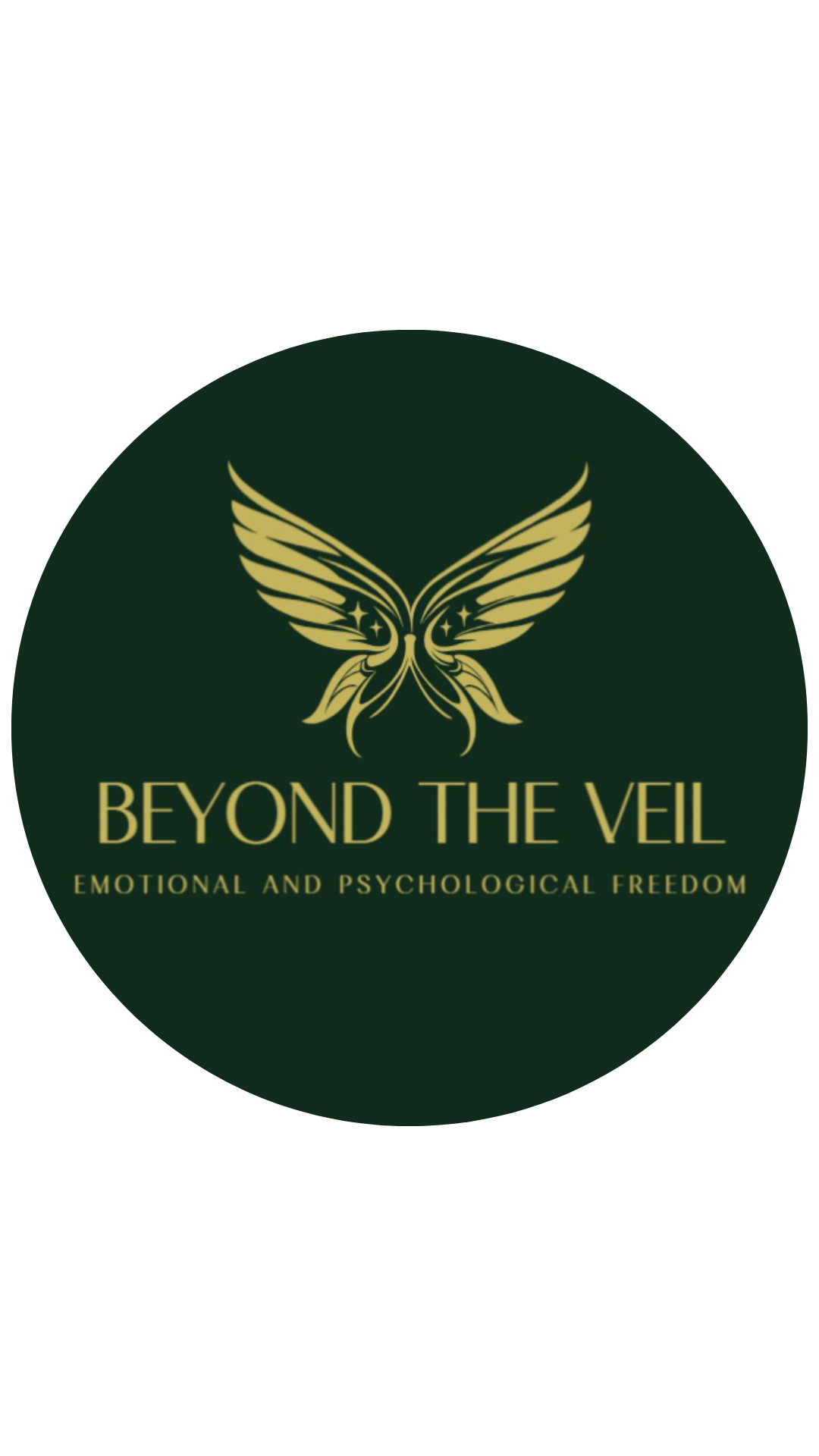The Empath’s Guide to Emotional Shielding
- S. Read

- Nov 5, 2025
- 3 min read

Some people feel the world more deeply than others.They pick up on tone, mood shifts, unspoken tension.They sense the emotional undercurrents that others overlook.
These individuals are commonly known as empaths — people with deeply attuned emotional perception.Research suggests that 15–20% of the population have highly sensitive nervous systems (a concept explored by psychologist Dr. Elaine Aron).
This heightened sensitivity is not a flaw — it is a form of inner intelligence.But without protection, it can become overwhelming.
When Empathy Becomes Exhaustion
Empaths often absorb the emotional states of others — especially in environments that are:
Chaotic
Conflict-heavy
Emotionally repressed
Manipulative or controlling
In the UK, emotional and psychological abuse is far more common than most realise:
2.3 million adults experience domestic abuse each year (Office for National Statistics)
Over 90% of survivors report psychological or emotional abuse (SafeLives)
Emotional abuse is often invisible, leaving no physical marks but deep internal wounds
Empaths in these environments often:
Carry the emotional burden of others
Avoid conflict to keep peace
Overextend themselves
Lose touch with their own needs
Not because they are weak —but because they are wired to connect.
The Jungian View: The Empath as Mirror
Carl Jung taught that every person has a shadow — the part of ourselves we deny or suppress.People who refuse to face their shadow often project it onto others.
Empaths are particularly sensitive to this because they naturally reflect back emotional truth.
This means:You trigger the unprocessed parts of others simply by existing.
So when people:
Call you “too emotional”
Dismiss your intuition
Make you feel “overreactive”
It is often because your presence reveals what they are avoiding in themselves.
This is not your burden to carry.
How to Shield Your Energy (Without Hardening Your Heart)
1. Name What You Are Feeling
Ask yourself:“Is this emotion mine or someone else’s?”If it is not yours — release it.
Place your hand on your chest and breathe out slowly.Your nervous system will recognise the difference.
2. Ground Into Your Body
Empaths dissociate when overwhelmed.To come back:
Feel your feet on the floor
Relax your jaw
Drop your shoulders
Take one conscious breath
This signals the body:“I am here. I am safe.”
3. Set Energetic Boundaries
Not walls.Not shutdowns.Boundaries.
A simple phrase:
“Your feelings are valid, but they are yours to hold.”
Boundaries protect connection — they don’t prevent it.
4. Limit Exposure to Draining Environments
You do not need to stay where your nervous system is suffering.You are not obligated to:
Continue the conversation
Fix anyone emotionally
Stay in situations that erode you
Walking away is spiritual hygiene.
5. Reconnect to Yourself Daily
Empaths lose themselves when they forget to return inward.
Try one:
Journaling
Breathwork
Nature walking
Meditation
Creative expression
Your inner world needs tending.
The Empath’s Gift
Feel deeply
Love authentically
Sense truth beneath words
Help others heal
But a gift without boundaries becomes a wound.
Your task is not to stop feeling.Your task is to learn how to hold your power while feeling deeply.
This is emotional alchemy.This is the work Beyond the Veil CIC is here to support.
If you resonated with this, you are not alone.
We’ll soon be hosting:
Online workshops
Healing circles
Retreats in naturefocused on emotional recovery and inner transformation.
Stay connected.Your journey has only just begun. 🌙🜂




Comments